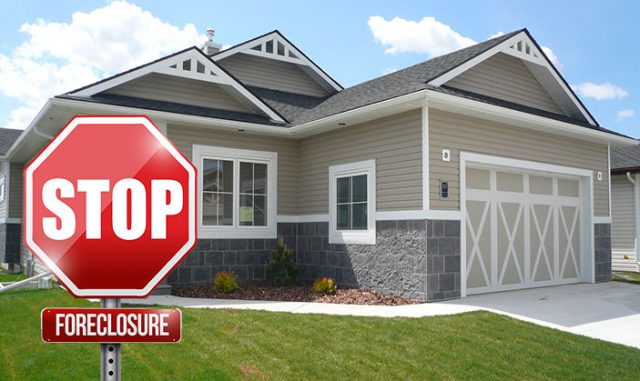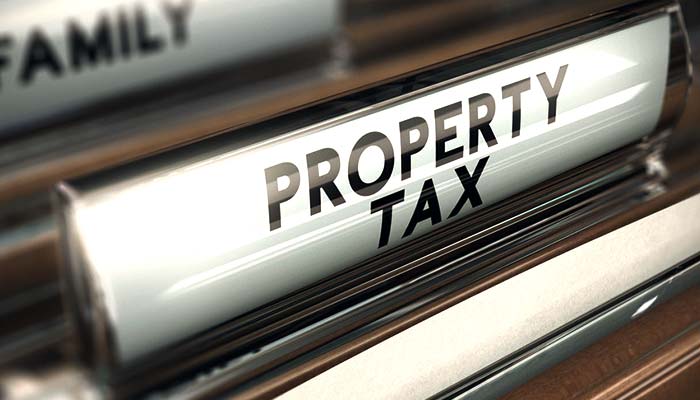What is a foreclosure? Foreclosure is the legal right of a mortgage holder or other third-party lien holder to gain ownership of the property and/or the right to sell the property and use the proceeds to pay off the mortgage if the mortgage or lien is in default. It is a concept that has existed for centuries.
Initially, the law provided that the non-payment of a mortgage would automatically result in obtaining the ownership of the property by the holder of the mortgage (sometimes called a “mortgagee”). But the law evolved over the years and now allows mortgagors to have time to pay off the mortgage before they take away the property. This process of taking away the mortgagor’s property because of default is what constitutes foreclosure.
Today, there are numerous laws and regulations governing the foreclosure process to protect both the creditor and the mortgagor against the injustice and fraud. In the United States, while the states have their own variations, the basic principles of foreclosure law are the same.
What are types of Foreclosure?
In general, the mortgage lender starts a foreclosure action after one produces a delay in payments. Within the United States, there are different types of foreclosure. The most common are two, the rest are possibilities that exist only in some states.
The most important type of foreclosure is foreclosure by judicial sale. This type is available in all states and is the required method in many of them. It involves the sale of the mortgaged property under the supervision of a court, where the winnings are destined, in the first place, to cover the mortgage, then to pay to other creditors of a right of retention and, finally, to the mortgagor. Given that it is a legal action, all parties must be notified of the foreclosure, and it involves both written judicial as some kind of court decision, in general, after a short proceeding.
The second type of foreclosure, foreclosure by power of sale, involves the sale of the property by the mortgage holder not through the supervision of a court. Where it is available, foreclosure by power of sale tends to be a more expeditious to run a property by judicial auction. The majority of the states allow this method of foreclosure. In this case it also happens that the proceeds of the sale go first to the mortgage holder, then to other creditors of a right of retention and, finally, to the mortgagor.
There are other types of foreclosure that are available only in limited jurisdiction and, therefore, methods are considered under foreclosure. Strict foreclosure is one example. Under strict foreclosure, when a mortgagor defaults, a court orders the mortgagor to pay the mortgage within a certain period of time. If the mortgagor fails, the mortgage holder automatically gains title, with no obligation to sell the property. Strict foreclosure was the original method of foreclosure, but today it is only available in New Hampshire and Vermont.
What is a foreclosure Acceleration?
The concept of acceleration is used to determine the amount owed under foreclosure. Acceleration gives the mortgagee the right to declare the entire debt due and payable when the mortgagor fails to make the payments. In other words, if it constitutes a mortgage on a property for $10,000, with monthly payments and the mortgagor does not comply, the mortgagee may require the debtor to comply with the total amount of the mortgage.
Nowadays, almost all mortgages come with clauses of acceleration. However, they are not imposed by law, so that, if a mortgage has an acceleration clause, the mortgagee has no choice but to wait for the foreclosure once that become due all payments, or to convince a court of that divide parts of the property and to sell in order to pay for the fee payable. Alternatively, the court can order the property sold subject to the mortgage and that the proceeds of the sale are intended to cancel the payments owed to the mortgagee.
Real estate law: How to obtain the help of an attorney
If you are facing a potential disputes on the rental or purchase of a property, a foreclosure, or for other reasons, a lawyer can help you with the process. An attorney will work to obtain the best possible outcome and protect your rights. The first step is to find a lawyer who specializes in real estate law in your area.










